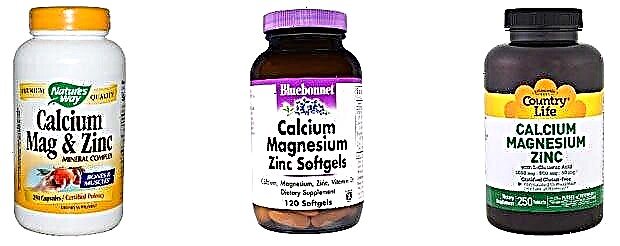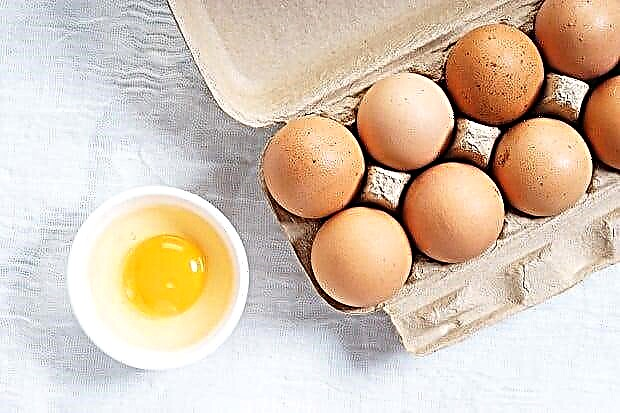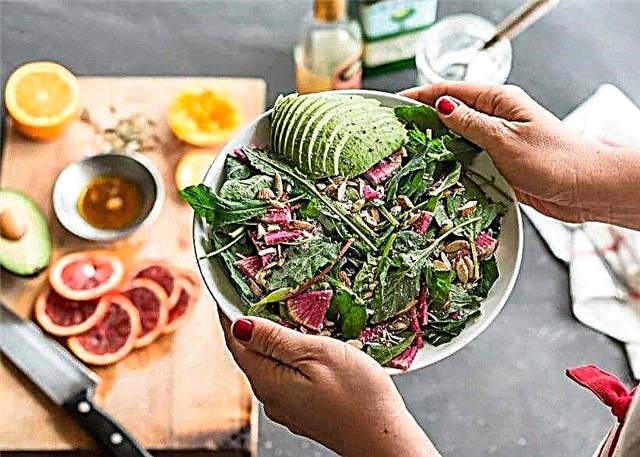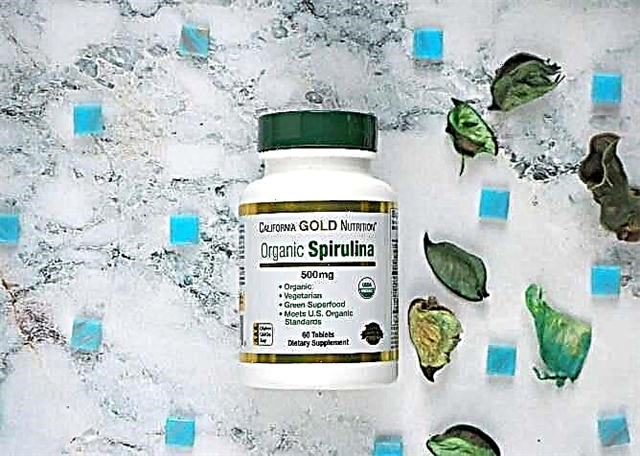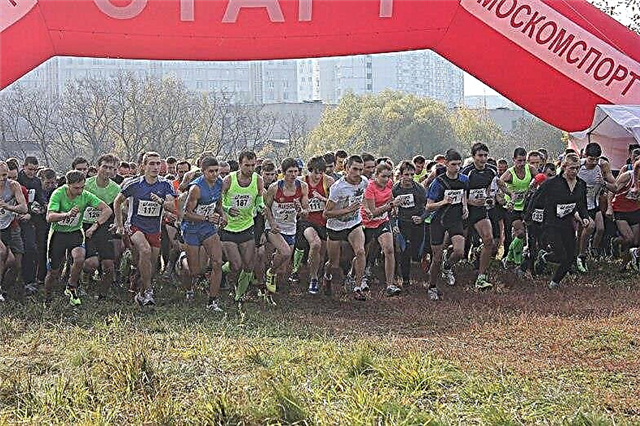Lingonberry is a delicious berry that grows in coniferous forests, tundra and wetlands. It is consumed fresh, in the form of jam, compotes, fruit drinks and sauces, in combination with sauerkraut and meat. Consider the composition and beneficial properties of lingonberries.
Basic properties of lingonberry
Leaves and fruits retain their unique properties even after boiling. This distinguishes lingonberry from other products. Therefore, lingonberry compote is as healthy as mousse or freshly squeezed juice.
Composition
What substances are included in lingonberry:
- Vitamins: A, B, C, PP, E
- Minerals: calcium, magnesium, sodium, potassium, phosphorus, iron, manganese
- Acids: citric, benzoic, malic, oxalic
Calorie content of lingonberry dishes
The calorie content of lingonberry dishes depends on the additional components that make up them. Consider the main foods and drinks from lingonberry and their calorie content:
| Lingonberry dish | Calorie content (kcal per 100 grams of finished product) |
| Lingonberry berries | 46 |
| Lingonberry, grated with sugar | 222 |
| Jam | 245 |
| Marmalade | 315 |
| Morse | 41 |
| Compote | 43 |
| Sauce | 172 |
| Sauerkraut with lingonberries | 50-57* |
| Baked pies with lingonberries | 240-300* |
| Lingonberry pie | 240-290* |
* Calorie content depends on the content of additional ingredients (oil, sugar, etc.) in the finished dish.
You can download the calorie table of foods and drinks containing lingonberries here so as not to lose.
Glycemic index and BJU
It is important not only to know the energy value of the dish, but also the rate of its transformation in the athlete's body. This indicator - the Glycemic Index (GI) - determines the blood sugar level after ingestion of the product. According to this indicator, lingonberry outperforms many dishes in diet for weight loss. The GI of berries is 25. This is one of the lowest glycemic foods. For comparison, the GI of peaches -30, bananas - 65, and honey - 90. Therefore, lingonberries are preferred as part of sports nutrition, as desserts (even in the evening). Below you can find the GI table of various products:

Useful properties of lingonberry
Retaining useful properties all year round, lingonberry saturates the athlete's body with useful substances in any season. It is equally appropriate at any stage of training, competitive and rehabilitation activity.
Depending on the preparation method and quantity, lingonberry regulates the athlete's blood pressure, stimulates his immunity. The maximum effect is achieved by using various parts of the plant (berries, leaves) in food.
Lingonberry berries
Speaking of lingonberry, we often think of its berries. They are a real storehouse of nutrients.

Active ingredients of berries:
- Vitamins B (1,2,9), A, C, E. They normalize oxidative processes in cells and are recommended for all kinds of sports. Overdose (even fat-soluble vitamins) when taking lingonberry berries is not observed.
- Trace elements (manganese, iron). They stimulate the conduction of nerve impulses and the process of oxygen transfer in cells and tissues. Increase endurance, stress resistance. Especially important in sports with prolonged loads (running long distances) and high reaction rates (swimming, high-speed shooting, etc.).
- Flavonoids (over 100 varieties). Berries strengthen the cardiovascular system, improve exercise tolerance, accelerate the healing of ligament ruptures, and promote injury recovery.
- Organic acids - oxalic, malic, acetic, ketoglutaric, etc. Berries normalize metabolism and digestion. Organic acids stimulate appetite, therefore they are recommended in limited quantities with strict control of weight and calorie content of the total diet.
- Antioxidants (Lycopene) This substance reduces the level of free radicals, fights stress at the cellular level, increases endurance, and is useful for prolonged exertion.
- Antiseptics - vaccine glycoside, etc. They not only sanitize the oral cavity, but also improve renal blood flow, resistance to urogenital inflammation during hypothermia. Especially recommended for open water swimmers.
- Pigments (zeaxanthin, etc.). These substances improve visual acuity. Especially useful for shooters, biathletes, curlers.
- Tannins (tannins). Normalizes digestion and prevents massive bleeding, useful for ball players and contact sports.
Berries stimulate the rate of red blood cell production. This is especially true for athletes whose achievements are directly dependent on endurance: long distance runners, acrobats, team sports players (volleyball players, football players, etc.). Taking berries in the form of compotes and jelly is recommended for athletes in the rehabilitation period after surgery, to combat anemia and accelerate recovery processes.
For the athlete's body, not only the composition of the food is important, but also the combination of the components included in it. Lingonberry is a real piggy bank of activators of cell metabolism necessary for an athlete. It is difficult to think of a better combination of vitamins, trace elements and active organic substances.
The content of various elements in lingonberry can be seen below:

Lingonberry leaves
In most cases, flowers and fruits contain the maximum amount of plant nutrients. However, lingonberry leaves are not inferior to berries in terms of the content of active components. Tea, broth, infusion well complement the sports diet, perfectly quench thirst and have a pleasant taste.
The composition of the leaves is somewhat different from the fruit. They also include vitamin complexes, a mixture of organic acids, flavonoids and tannins. The content of trace elements in the leaves is higher than in the berries of the plant.
Distinctive components of lingonberry leaf:
- Antiseptic arobutin. Produces an effect similar to that of the vaccine glycoside. Protects the genitourinary system in case of hypothermia. Recommended for physical exertion at low temperatures.
- Diuretic substances. The diuretic properties of lingonberry leaf are actively used by bodybuilders to speed up drying. At the same time, the muscles become more prominent and expressive. Lingonberry leaf decoction is a mild diuretic. Drying on its basis does not lead to significant muscle definition, but does not cause metabolic disorders.
Who can eat lingonberries?
Each product is unique in its effect on the human body. To achieve maximum sports results, the optimal plant raw materials (leaves, berries) are selected. But this is not enough. The phases of the training period must be properly taken into account. And the most important thing is to find out the characteristics of the organism itself: gender, age, type of sport. Consider the effect of lingonberry on different athletes.
For athletes

Lingonberry is useful for all sports as a tonic and strengthening agent. This plant is especially valuable during the period of weight loss, after injuries with limited mobility, and when returning to training after childbirth.
Consider the main varieties of the lingonberry diet:
- Three-day. It combines low-calorie (0.1%) kefir and berries. For a day, in any combination, it is permissible to eat about 0.5-0.7 kg of lingonberries and drink 1.5 liters of kefir. Berries are eaten raw, boiled, baked, soaked, etc. They are used to prepare fruit drinks, smoothies, compotes without added sugar. With such a diet, weight is reduced by 3-4 kg and does not return due to the removal of excess fluid from the athlete's body.
- Seven-day. In this version of the diet, an egg, non-starchy vegetables (fresh or boiled), basic cereals in water are added to lingonberries and kefir (0.1%). Sugar, baked goods, meat, fish, other fruits and berries (especially sweet ones) are excluded from the athlete's menu. Such a diet is more comfortable and easier to follow, and the result of 3-4 kg is achieved at the end of 7 days of restricting the diet.
- Supportive. This method of weight loss is applied after a three-day or seven-day technique. It maintains the achieved effect. On this day, lingonberries are eaten with 0.1% kefir.
- Unloading. This is a one-day diet in which a decoction of lingonberry leaves is drunk without restrictions. It is especially useful for athletes with a tendency to high blood pressure, swelling of the legs.
For women

It is difficult to overestimate the benefits of lingonberry for a woman. Fans of a healthy lifestyle actively use it as a dessert or as a base for vitamin drinks. Consider the periods of a woman's life in which lingonberries are especially useful:
- Autumn-winter period... Lingonberry fruit drinks, compotes, decoctions, actively stimulate the immune system. They reduce the likelihood of skipping workouts due to colds, stimulate the general tone of the body. This increases the efficiency of sports activities while reducing daylight hours.
- Disruption of the menstrual cycle... An increase in physical activity is often accompanied by pain in the lower abdomen, a change in the duration and intensity of discharge. Lingonberry normalizes menstrual cycles, reduces the likelihood of PMS.
- Anemia... Athletes experience a decrease in hemoglobin levels with overexertion, heavy menstrual bleeding, and an unbalanced diet. Lingonberry stimulates the production of red blood cells, which is especially important during recovery and before prolonged intense exertion.
- Pregnancy... The period of bearing a child is accompanied by a natural decrease in immunity. Adherents of a healthy lifestyle have appreciated the ability of lingonberries to resist colds at this crucial moment.
- Lactation... Lingonberry enriches mother's milk with vitamins and microelements necessary for the proper growth and development of the baby. This improves the outflow of milk from the ducts, which prevents engorgement and inflammation of the mammary glands.
- Weight loss... The extra pounds gained after pregnancy can be easily eliminated by the lingonberry-kefir diet. The plant's diuretic effect reduces puffiness without loss of trace elements. The diet is selected taking into account the initial and desired weight indicators.
For children

Lingonberry is a treasure trove of nutrients that young champions need. It supplies their body with vitamins, minerals and other essential compounds. The beneficial properties of lingonberry help the child's body adapt to temperature fluctuations and physical activity.
When exercising in the pool or outdoors in winter, the leaves and fruits of the plant prevent the occurrence of infectious diseases, especially of the urinary system.
For children whose athletic success is directly related to endurance (long-distance running, swimming, cycling, football, etc.), the plant's ability to improve blood formation is especially important.
Lingonberries are taken from the second year of life in the absence of contraindications.
Children love dishes made from this delicious berry. For low-weight athletes, it stimulates the appetite well.
How can lingonberries harm?
Like any food product, lingonberries are healthy only within reasonable limits. Excessive consumption of berries causes an increase in the acidity of gastric juice. This leads to an exacerbation of chronic diseases of the digestive system (gastritis, duodenitis, etc.).
Lingonberry removes water from the body, therefore, lowers blood pressure. In people with hypotension, when taking berries or decoctions of leaves, there is a deterioration in well-being. In this case, the harm to lingonberries can be significant (collapse).
The plant accumulates radioactive waste in the ground part. For this reason, berries and leaves collected in industrial and contaminated areas are dangerous.
Lingonberry contains substances, the ingress of which into the body provokes allergic reactions. Athletes with hypersensitivity should refrain from taking lingonberries.
Contraindications to the use of lingonberries
No matter how useful lingonberry is, there are also contraindications to its use. It is recommended to exclude or limit the use of people:
- with allergic diseases;
- diseases of the digestive system with an increase in acidity;
- the threat of termination of pregnancy;
- bleeding (including in the postpartum and postoperative period);
- low blood pressure.
Diabetics should exclude from the diet of lingonberry dishes with sugar (jams, fruit drinks, marmalade). They are advised to use fructose and other sugar substitutes.
Conclusion
Delicious and healthy lingonberry dishes throughout the year supply the athlete's body with the necessary trace elements, vitamins, organic acids and other active substances. When used wisely, lingonberry helps athletes achieve better results naturally.


